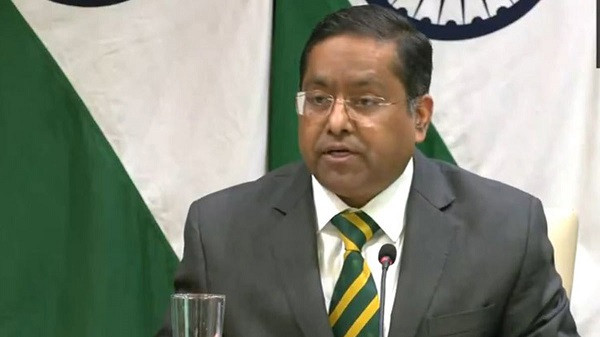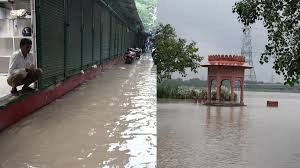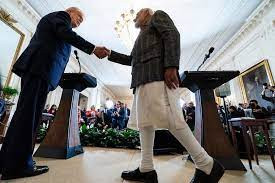India Firmly Rejects China's Renaming of Arunachal Pradesh Locations

IIE Digital Desk : The Indian government has categorically dismissed these efforts as "vain and preposterous." The Ministry of External Affairs (MEA) emphasized that such actions do not alter the established reality of Arunachal Pradesh being an integral part of India.
China's Ministry of Civil Affairs had released a new list of 27 renamed locations in Arunachal Pradesh, referring to the region as "Zangnan," or South Tibet. This move is part of Beijing's ongoing strategy to assert its territorial claims over the northeastern Indian state.
MEA spokesperson Randhir Jaiswal stated, "We have noticed that China has persisted with its vain and preposterous attempts to name places in the Indian state of Arunachal Pradesh. Consistent with our principled position, we reject such attempts categorically. Creative naming will not alter the undeniable reality that Arunachal Pradesh was, is, and will always remain an integral and inalienable part of India."
This is not the first time China has attempted to rename places within Arunachal Pradesh. Similar efforts were made in 2017, 2021, and 2023, each time met with strong objections from India. The recurring nature of these actions underscores the persistent tensions between the two nations over border issues.
The MEA's strong rebuttal reflects India's unwavering stance on its territorial integrity and sovereignty. By dismissing China's renaming efforts, India aims to reinforce the message that such unilateral actions have no bearing on the ground realities or the legal status of Arunachal Pradesh.
The international community continues to monitor the situation closely, as these developments have implications for regional stability and diplomatic relations between the two Asian giants.
India's firm response serves as a reminder that attempts to alter geographical nomenclature cannot change historical facts or international agreements. As the situation evolves, both nations are urged to engage in constructive dialogue to address their differences and maintain peace along the border regions.
You might also like!
















